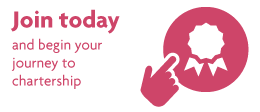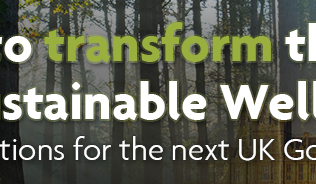As part of Green Careers Week, IES Member Linsey, the Environmental Policy Officer at the Conflict and Environment Observatory (CEOBS), talks to the IES about her career journey and what a typical day in the life looks like.
What has your career path looked like?
After graduating, I initially worked as a laboratory chemist for a waste management company. I then completed my MSc in Environmental Pollution and Control and joined an environmental consultancy, initially focusing on the assessment of contaminated land. I remained in environmental consultancy for over 20 years, worked overseas for a short time and became a Technical Manager. In 2019, I moved into the charity sector, hoping to apply the technical and managerial skills learnt and face new challenges.
What does your current job role entail?
I am the Environmental Policy Officer for a small UK charity, the Conflict and Environment Observatory (CEOBS). Our charity works to raise awareness about the environmental impact of conflicts and military activities, and increase protection for people and ecosystems. My current role includes working with the humanitarian disarmament sector, and scrutinising military greenhouse gas emissions and mitigation policy.
Is there a particular notable project that you have enjoyed?
Since joining CEOBS I’ve learnt so much. I’ve been able to visit some of our partner’s current landmine clearance programmes which has included trips to Bosnia, Iraq, Vietnam, Cambodia and Colombia. I also co-organise a working group, which was set up with members from across the mine action sector to share good environmental practice. It has been fulfilling to see this expand.
Have any further qualifications, training, internships, or volunteering been valuable to your career journey?
After returning to work from maternity leave, I completed a postgraduate certificate through distance learning. This was a useful step to expand my role into wider environmental management. I volunteered as a trustee for the IES from 2016-2022, which has been extremely important in understanding how a professional body can support its members and promote the importance of environmental science.
Have you faced any barriers or unfair treatment in the workplace at any stage of your career?
This may sound clichéd but I think self-doubt can be one of the greatest barriers. I have never felt discriminated against, but I do remember scanning the room during meetings and realising I’m the only woman. Unconsciously, I think this can impact how you view your role and what you believe you can achieve. That said, during my career, I have only once had a female Group Director and she was phenomenal.
What one piece of advice you would give to an individual starting their career in the environmental sector?
Take on new challenges when you can and look for out for those opportunities. Even if it may seem daunting, you will learn so much.
Image credit: © Horváth Botond





